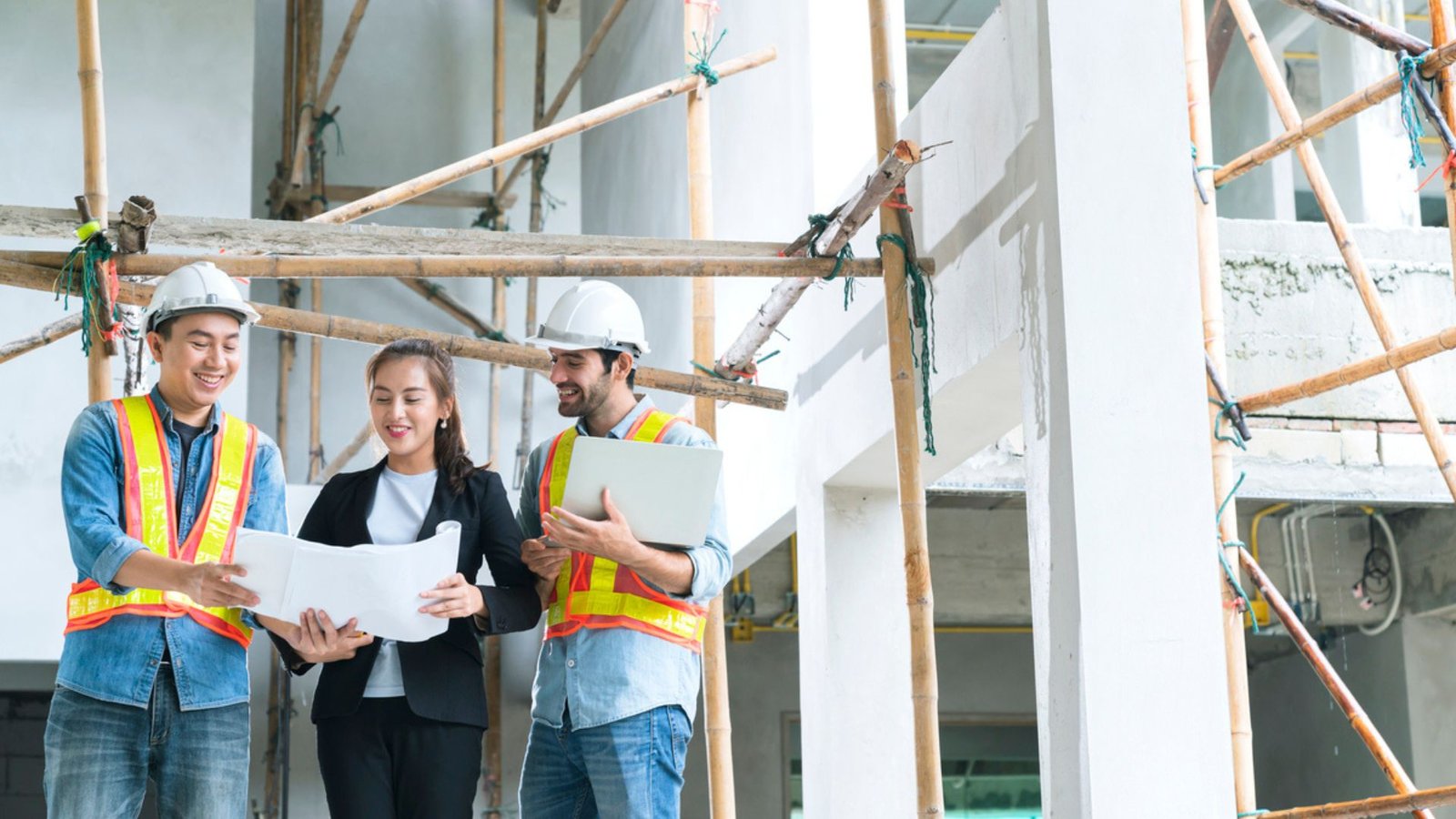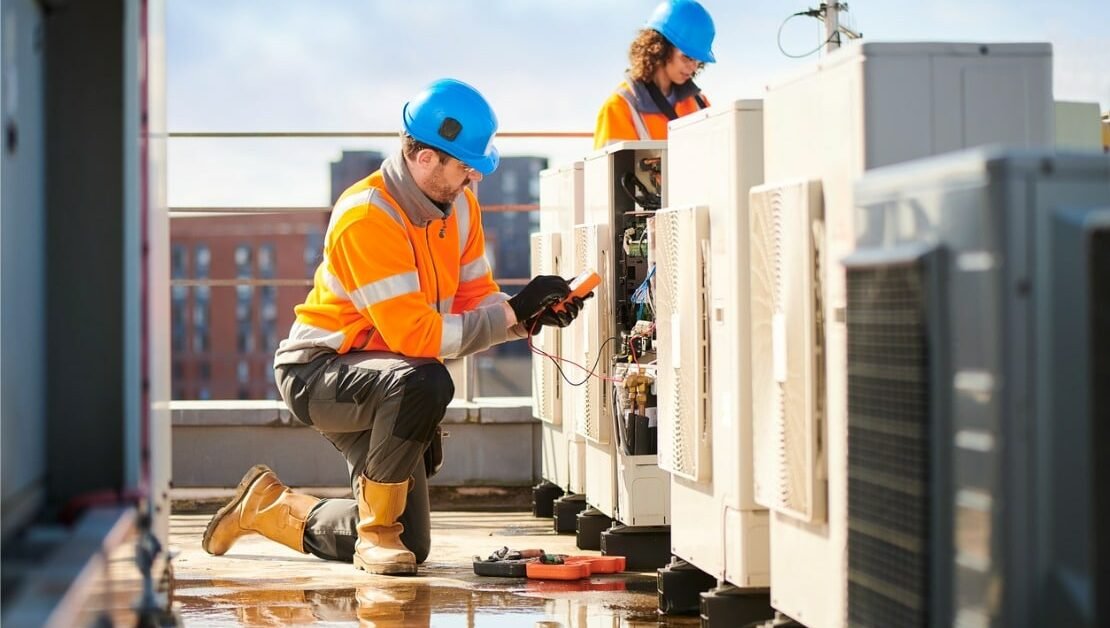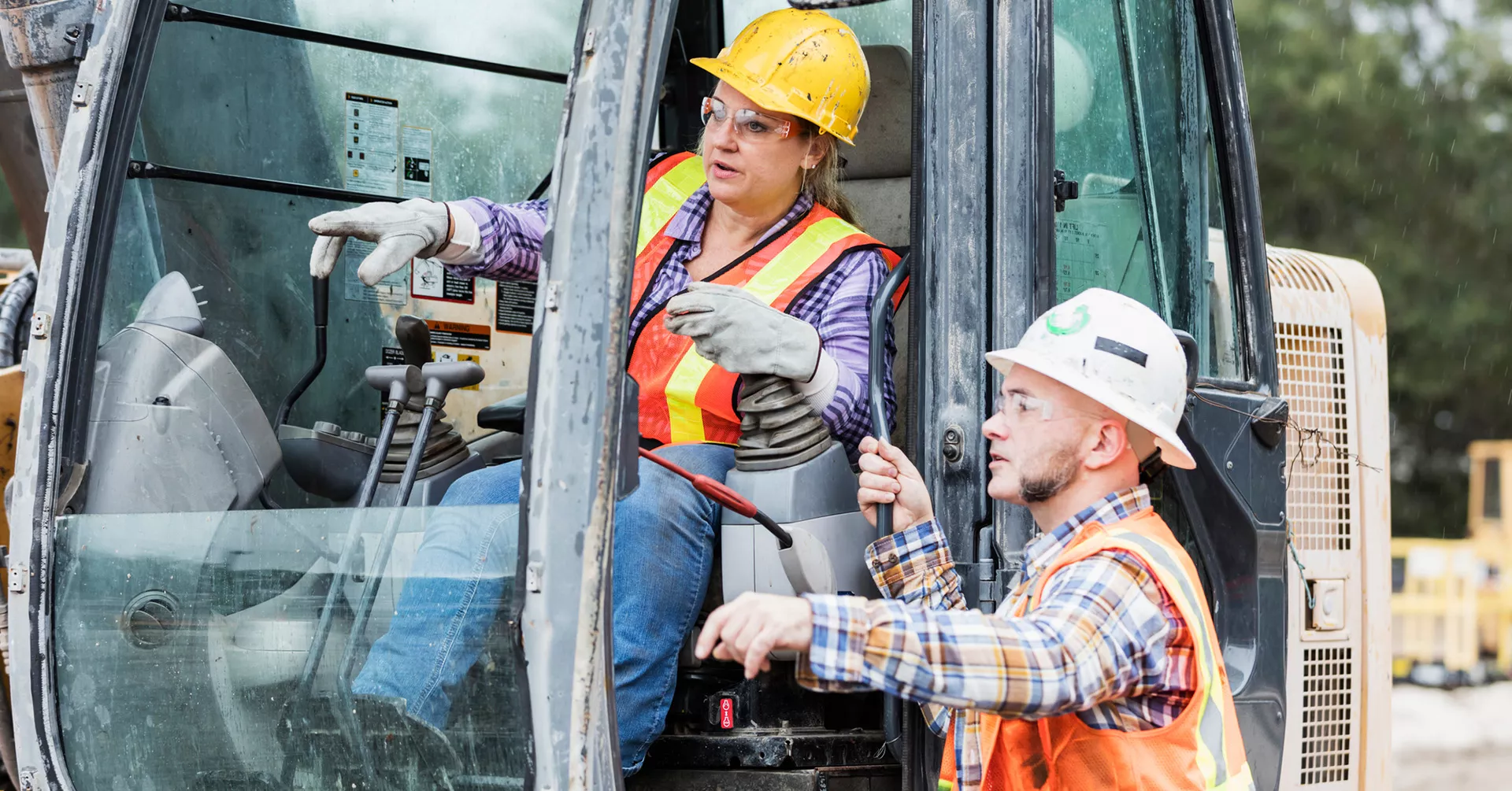When building a new home, delays can be frustrating and costly. Construction projects often face unexpected challenges that can push the timeline back, but with new construction monitoring, you can reduce the risk of delays. Regular oversight ensures the project stays on schedule, addresses issues early, and maintains communication between all parties involved. In this article, we will explain how construction monitoring helps prevent delays and ensures your home is completed on time.

1. Early Identification of Problems
Delays often occur when issues are discovered too late in the construction process. With regular construction monitoring, any problems—whether they’re related to materials, workers, or planning—can be identified early. By catching potential issues early, you can prevent them from escalating into bigger problems that might halt progress.
- What this means for you: Identifying issues early allows for quick solutions, keeping the project on track.
- How it helps: Instead of waiting until the last minute to address problems, monitoring allows you to fix them before they cause delays.
2. Ensures Timely Delivery of Materials
One of the common reasons for delays in construction projects is waiting for materials to arrive. New construction monitoring helps ensure that materials are ordered on time and that there are no shortages or delivery issues. Monitors keep track of supply deliveries and make sure everything needed for the project is ready when it’s required.
- What this means for you: You won’t have to worry about waiting for critical materials to be delivered.
- How it helps: With a monitoring team on the job, you can stay ahead of material delivery issues and avoid halting construction due to missing supplies.
3. Maintains a Clear Schedule
Construction projects often involve many different contractors and workers, all with their own schedules. New construction monitoring helps keep everyone on the same page. It ensures that each task is completed on time and that no phase of the construction process falls behind. Regular updates from the monitoring team ensure that all contractors are aware of the timeline and their responsibilities.
- What this means for you: The project stays on schedule with all workers and contractors coordinated efficiently.
- How it helps: A clear, organized schedule reduces confusion and helps prevent delays caused by missed deadlines.
4. Improves Communication Between Teams
One of the main reasons for delays on construction projects is poor communication. A miscommunication between the architect, contractors, and homeowners can cause work to stop or be done incorrectly. Construction monitoring improves communication between everyone involved. The monitor serves as a point of contact to ensure that all parties are aligned and aware of changes or progress.
- What this means for you: You’ll be informed about every change or update, and your input will be heard.
- How it helps: Clear communication minimizes misunderstandings and ensures the project proceeds without unexpected stops.
5. Quick Resolution of Issues
In construction, problems such as safety concerns, structural issues, or unexpected weather conditions can arise at any time. Construction monitoring helps to quickly resolve these problems by involving experts who can make informed decisions. By having a professional on-site or overseeing the project, issues are addressed right away, preventing long delays.
- What this means for you: Problems are solved quickly, ensuring the project continues to move forward.
- How it helps: Construction monitoring provides a proactive approach, dealing with issues immediately rather than letting them cause further delays.
6. Keeps Contractors Accountable
When contractors know they are being monitored, they are more likely to stay on track and follow the schedule. Construction monitoring keeps contractors accountable by ensuring they meet deadlines, complete work according to specifications, and perform tasks efficiently. If a contractor is falling behind, the monitor will bring it to their attention, allowing them to catch up before it becomes a bigger issue.
- What this means for you: You can rest assured that contractors are staying on track and fulfilling their responsibilities.
- How it helps: Keeping everyone accountable reduces the risk of delays caused by careless mistakes or missed deadlines.
7. Provides Regular Updates and Feedback
With regular updates from the construction monitor, you stay informed about the project’s progress. This means that you’re aware of any potential delays before they become a significant problem. You can also provide feedback on how the project is going and ensure that everything aligns with your expectations. These regular check-ins ensure that the project is always moving forward.
- What this means for you: You can make informed decisions and intervene early if needed, preventing delays.
- How it helps: Regular updates help catch any small issues before they grow into major problems that cause delays.
8. Adapts to Changing Conditions Quickly
Construction projects often face unforeseen challenges, such as inclement weather, contractor unavailability, or changes in local regulations. Construction monitoring helps the team adapt to these challenges quickly. By being proactive, a monitoring service can work with contractors to adjust schedules and plans to minimize delays caused by unforeseen circumstances.
- What this means for you: Even when unexpected changes occur, the project can stay on track.
- How it helps: Adapting quickly to challenges helps the project progress without major setbacks.
9. Improves Workflow Efficiency
Having a monitoring team ensures that all aspects of construction are running smoothly. This includes making sure workers have the proper tools, that tasks are completed in the correct order, and that everyone is staying productive. A well-coordinated project with efficient workflows reduces idle time, ultimately speeding up construction.
- What this means for you: Work will be done more efficiently, reducing time spent on unnecessary tasks or waiting for resources.
- How it helps: Efficient workflows keep the project moving forward and prevent delays due to disorganization.
10. Manages Weather Delays Effectively
Weather can play a big role in construction delays. Heavy rain, snow, or extreme temperatures can slow down progress. However, with construction monitoring, weather-related delays are planned for in advance. The monitoring team can adjust the schedule and recommend changes to keep the project moving even in less-than-ideal conditions.
- What this means for you: You’ll experience fewer delays caused by weather.
- How it helps: Construction monitoring ensures that the project adapts to weather conditions, keeping things on schedule.
Conclusion
New construction monitoring is an essential tool for preventing delays in your building project. It provides early problem identification, ensures timely deliveries, and improves communication among all teams. By staying on top of the schedule, resolving issues quickly, and holding contractors accountable, construction monitoring helps you avoid the headaches and frustrations of delayed home construction. If you’re building a new home, investing in monitoring will keep your project on track and ensure you move into your home on time.




